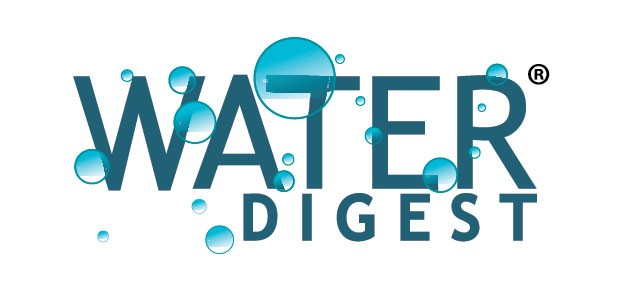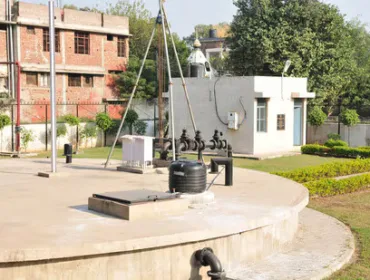ASTANA – A draft of the new Water Code aims to achieve and maintain safe levels of water use, promoting sustainable economic development, enhancing citizens’ living conditions, and preserving the environment. Developed by the Ministry of Water Resources and Irrigation, it introduces significant innovations and facilitates the updating of Kazakhstan’s water legislation, reported the ministry’s press service on February12.
Minister Nurzhan Nurzhigitov emphasised the ministry’s commitment to shaping a nationwide water conservation policy, engaging the public, and achieving a balance between efficient water use and preservation for future generations.
Water conservation is a key focus, with users required to employ rational water resource practices, implement water-saving technologies, and prevent unauthorised use of drinking groundwater. Organisations lacking water reuse systems must provide a transition plan, particularly in agriculture and industry. Government support, in the form of subsidies and reduced tariffs, is contingent on the adoption of water-saving technologies.
Legislatively, the code tightens responsibility for water sector violations. Basin inspections of the ministry, in addition to state control functions, are empowered with supervisory roles, ensuring compliance with water body protection requirements and rules for hydraulic structure operation.
They also oversee the design, construction, and placement of new facilities on water bodies or in water protection zones, and the reconstruction of pre-designated water protection zones and strips.
The code introduces requirements for improving drinking water quality, emphasising epidemiological, radiological, and chemical safety. It includes an article outlining technical audits of centralised water supply systems and a section on rules for developing plans for water supply and wastewater systems.
The country’s water resources receive special attention to prevent depletion, pollution, and contamination of water bodies. The code prohibits operations related to subsoil use, except for exploration or extraction of hydrocarbons in the Caspian Sea, as well as extraction of salt and medicinal mud.
Tightened requirements for water body protection include revised norms on permissible water withdrawal volumes to meet population and economic sector needs. Limits consider river flow necessary for ecosystem maintenance, including protection of water marshland areas and glaciers.
A dedicated article addresses adapting the country’s water sector to climate change, promoting strategies, engaging stakeholders, applying new technologies, and ensuring efficient water use.
The code also establishes rules for non-profit organisations to obtain accreditation from the ministry for public oversight in water resource protection and use.
Safety issues of hydraulic structures are emphasised in a separate section. Enterprises are defined as responsible for their operation and for conducting multifactorial surveys, based on which a safety declaration is issued. The code envisions developing technical regulations for the safety of hydraulic structures, specifying their types and construction features, safety requirements, design, construction, operation, reconstruction, and conservation.
According to the code, an annual national information report will provide information on the state of water, protection, and use, including river flow, hydraulic structure conditions, water resource protection measures, and investment projects.
Certain provisions of the new code aim to stimulate investment in the country’s water sector and garner government support for scientific research and technical work.














